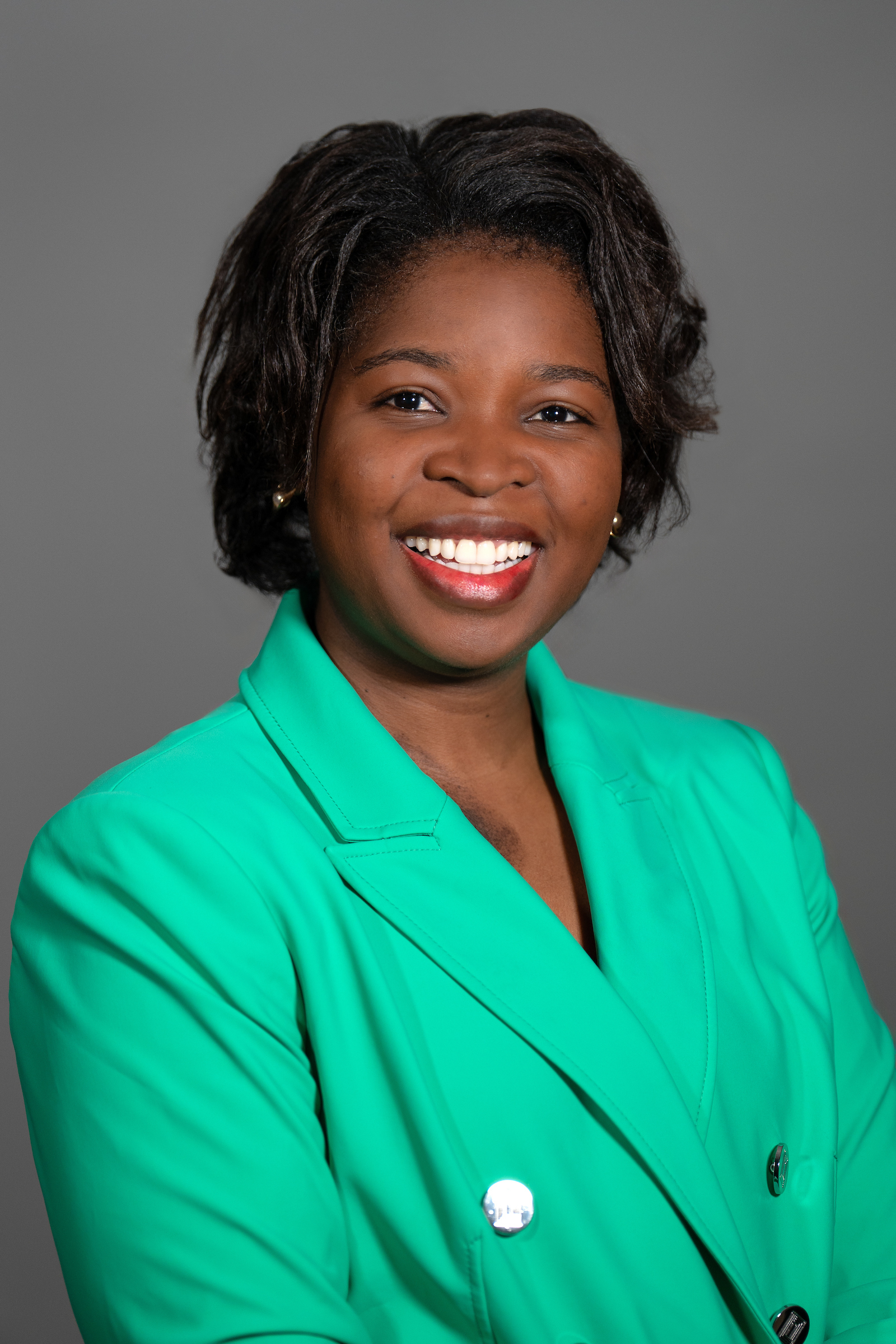
Recommended reading from W. P. Carey faculty
Six W. P. Carey faculty share summer reading recommendations to expand students' horizons.
From exploring how artificial intelligence (AI) is changing education and society to cultivating an optimistic mindset, six W. P. Carey faculty share their summer reading recommendations to enrich students' lives and educations.

"Brave New Words: How AI Will Revolutionize Education (and Why That’s a Good Thing)" by Salman Khan
Recommended by Riva Drummond, clinical associate professor of management and entrepreneurship
Instead of looking at AI and ChatGPT as a weapon of mass destruction that will end education as we know it, I’m interested in how educators can use this incredibly intelligent tutor to improve and recreate experiential learning in the classroom. In "Brave New Words: How AI Will Revolutionize Education (and Why That’s a Good Thing)," Khan discusses how AI can help learners with creative writing, wicked math problems, content they would otherwise be unable to access, and collaborative learning. Khan highlights how the dawn of the intelligent assistant can benefit educators and be used to fix cheating problems. Faculty shouldn’t be writing syllabus policies against the use of AI and large language models but rather be asking themselves how to utilize this powerful new tech, which is still in its childhood, to reimagine their global classrooms.

"To Sell Is Human" by Daniel H. Pink
Recommended by Detra Montoya, clinical professor of marketing
"To Sell Is Human" reminds us that we are all in sales. Pink presents the ABCs of moving others: attunement, buoyancy, and clarity. Attunement refers to the ability to understand another person’s perspective. Buoyancy is "staying afloat" in an ocean of rejection while remaining resilient. Clarity is the ability to help others identify problems they may be unaware of and to view situations through a fresh lens. This book provides great exercises for practicing your sales skills, including several types of elevator pitches. I recommend this book to everyone since we are all in the business of selling!

"Enlightenment Now" by Steven Pinker
Recommended by Leonardo Barcellos, assistant professor of accountancy
I highly recommend "Enlightenment Now" by Steven Pinker to anyone, especially young adults graduating from college and entering the workforce. By presenting data on life expectancy, health, prosperity, safety, knowledge, and happiness, Pinker convincingly argues that contrary to popular belief, the world is improving in many ways thanks to reason, science, humanism, and progress, etc., the long-standing ideals of the enlightenment. This book encourages optimism and appreciation of humanity's progress and guides readers toward a more rational, evidence-based approach to solving contemporary issues. Pinker's compelling arguments can inspire W. P. Carey students to believe in their capacity to use their training and education to contribute to society and drive further progress. I believe "Enlightenment Now" offers invaluable insights to help us live more productive, informed, and meaningful lives.

"90 Seconds To A Life You Love" by Joan I. Rosenberg
Recommended by Jamille Lasanta, clinical associate professor of agribusiness
I am re-reading "90 Seconds To A Life You Love" by Joan I. Rosenberg, which I originally found while searching for a good book during the summer of 2020 while still partially in lockdown due to the pandemic. It is a good guide to overcoming negative experiences like grief and uncertainty. One of the best things in the book is the attitude reset. Here is one of my favorite quotes: "If you deliberately shift your thinking,... so that you acknowledge the possibility of growth, opportunity, and positive developments resulting from these life challenges, you will be better poised to develop the necessary resilience to face whatever obstacles are in your way."

"Soccernomics: Why European Men and American Women Win and Billionaire Owners Are Destined to Lose (2022 World Cup Edition)" by Simon Kuper and Stefan Szymanski
Recommended by Ryan Kota, clinical assistant professor of marketing
Ever since reading (and watching) "Moneyball," I have been fascinated by how numbers and other athletics-related data impact decision-making in sports. Data analysis helps us understand why the outfielders in a Major League Baseball game are shifting to the left side for a certain batter or shifting deeper and to the right for another. From a soccer perspective, data can help us understand how Leicester City FC — a team spending significantly less than their Premier League rivals like Manchester United, Chelsea, and Liverpool — were crowned Premier League Champions in 2016 when starting the season at 5,000/1 odds. The best part of the Leicester story is that it is just the beginning of all the fascinating tidbits the authors explain in detail with ample historical examples and data.
As the title suggests, the authors expand our knowledge of why the U.S. Women's National Team has been an astounding success of late and why the influx of billionaire owners in professional soccer is not an immediate recipe for success for a specific team or league. Data affects our beloved sports, whether we want to believe it (or, in some cases, even like it). I am a huge fan of domestic and international soccer and have already expressed my fascination with analytics, so it's no surprise I was thoroughly invested in "Soccernomics." This book is for all readers, especially those looking to expand their sports business-related knowledge this summer.

"The Precipice: Existential Risk and the Future of Humanity" by Toby Ord
Recommended by Oteng Ntsweng, clinical assistant professor of information systems
"The Precipice" is a wake-up call, highlighting in vivid, thought-provoking detail that technological progress is a double-edged sword — one which, to wield effectively, requires profound levels of human wisdom. Ord cautions against overly confident dismissals and presents an ambivalent perspective on the impact of existential threats, including AI, especially when unaligned with human values. While reading, I pondered: AI can help us achieve decent work for all, but it also has the potential for mass job displacements, especially in developing countries (e.g., my home country, Botswana). I did more digging and found that Africa's top five highest-paying jobs are software developers, data analysts, full-stack developers, IT professionals, and management consultants. Generative AI can augment all these, and cutbacks may occur unless there is sufficient work. While the threat of mass job displacements is not immediate, organizations have already attributed some job losses to shifts toward AI. Echoing Ord's sentiments, I believe these job losses are enough to warrant guardrails against mass displacements. I am pleased to see that ASU is among the institutions leading the way in promoting AI literacy, a sought-after skill in today's job market. Beyond equipping our students, I agree with Ord's call to bridge the gap between power and wisdom. To achieve this, government and business leaders must look beyond financial metrics and consider humanistic outcomes, such as employee dignity and psychological safety. As Ord put it, "We need to discuss these things in academia, in government, and in civil society … and these conversations need to rise above the temptation to be polarizing and partisan or to focus on the allocation of blame."
Latest news
- Pop culture is key to effective teaching
How a management and entrepreneurship professor uses Ted Lasso and other pop-culture touchstones…
- Artificial intelligence in business master's degree helps Nathan Merriman combine business strategy with technology
Nathan Merriman (MS-AIB '25) had been working in business for a few years when he learned about…
- How the Executive MBA empowered Scott Gates to be a mission-driven leader
Scott Gates (BS Marketing '04, Executive MBA '15) had a very positive experience during his…